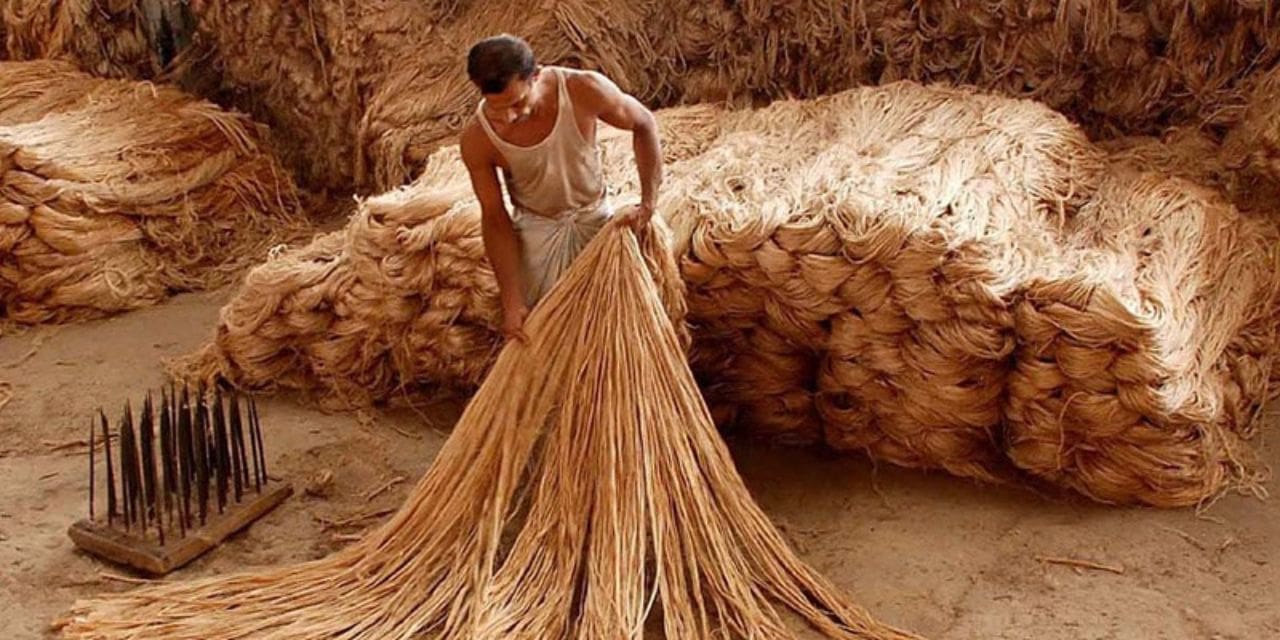According to the nation’s textile ministry, the Indian government has authorised mandatory reservation requirements for the use of jute in packaging of rice, wheat, and sugar for the jute year 2022–23. This action is expected to give the West Bengal jute industry, where over 75 jute mills are operational and employ thousands of workers, a considerable boost.
The obligatory regulations call for a full reservation for the packaging of food grains and a 20% reservation for the jute-bag packaging of sugar.
The jute industry plays a significant role in the Indian economy, especially in West Bengal, where it provides employment for 40 lakh agricultural families. The choice will benefit the jute industry in Bihar, Odisha, and , Assam, Tripura, Meghalaya, Andhra Pradesh, and Telangana, according to a news release from the ministry of textiles.
The required packaging regulations would promote local production of raw jute and jute packaging materials in India, advancing Aatmanirbhar Bharat’s goal of making India self-sufficient. Because jute is a natural, biodegradable, renewable, and reusable fibre that satisfies all sustainability criteria, it will also aid in environmental protection.
The Jute Packing Materials (JPM) Act of 1987’s reservations regulations guarantee 3.70 lakh people direct employment and defend the interests of almost 40 lakh agricultural families involved in the jute industry. The JPM Act, 1987 safeguards the interests of jute growers, employees, and anyone involved in the manufacture of jute products.
75% of the country’s population Jute sacking bags make up the majority of the jute industry’s output; 85% of these are provided to the Food Corporation of India (FCI) and state procurement agencies (SPAs), with the remainder being exported or sold directly. Every year, the government spends over 9,000 crore on jute sacking bags for storing food grains, providing jute farmers and employees with a secure market for their products.

